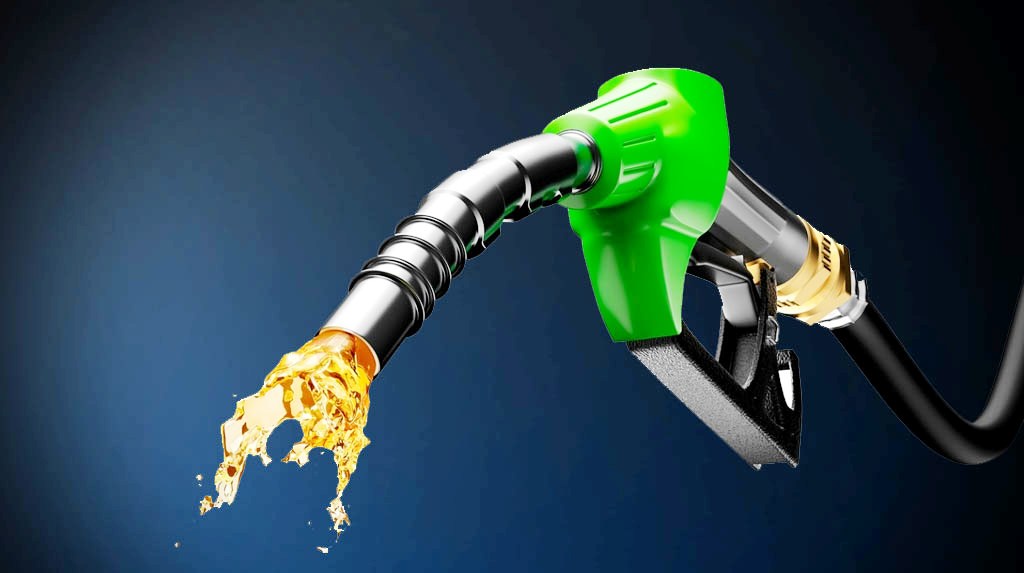If it feels at times like we’re talking more about fuel shortages than ever these days, there are very good reasons for that – even if the exact factors behind such problems haven’t always been the same.
Consider, for instance, the UK fuel supply crisis that hogged column inches back in the autumn of 2021. It was sparked by BP’s announcement that it would struggle to fulfill some deliveries due to a shortage of tanker drivers; before long, motorists were heading to the forecourts in great numbers to panic-buy fuel, prompting real shortages and a national conversation about such potential factors as the COVID-19 pandemic and Brexit.
In the end, that particular “crisis” ended up being closer to a mere inconvenience for many, as the Government responded with such moves as relaxing oil-industry competition rules and providing army drivers to help keep fuel deliveries going.
Last spring in 2022, too, the discourse was full of talk about the “fuel crisis” in the UK. The main part of the focus has been on the transport of forces during the war between Ukraine and Russia. Another issue of disruption is the actions of the activists from the Just Stop Oil movement.
So, what impacts can we expect on the car industry from these crises?

It is important, of course, to take a ‘big picture’ approach to the question of how the aforementioned crises might affect the automotive sector, particularly given the multitude of likely causative factors involved. Nonetheless, it would be naïve to suggest that fuel shortages or escalating prices won’t have any influence at all on the future of how we buy and use our cars.
One of the perhaps more obvious consequences of such crises so far has been that more motorists considering the merits of electric vehicles (EVs). Indeed, The Guardian reported last autumn that inquiries about such vehicles went up in response to the issues seen at petrol stations at that time.
It is worth noting, too, that there has been a longer-term trend toward electric cars in the UK over the years, and their adoption is accelerating, with Britons having purchased more electric cars during March 2022 than they did in the entirety of 2019.
So, while one fuel crisis on its own might not have a huge effect on the grand scheme of things, it seems a reasonable prediction that multiple such crises will help drive even more motorists in the direction of the electric-car market in the long run.
Another potential consequence of the problems in relation to fuel, though, is that maybe many more people in the UK choose not to buy a new car at all – or at least, not as often as they might have done in times past.
It was noted in some reports that cars’ new registrations were the lowest (14%) in March 2022 by 12 months before compared to the pre-pandemic period. UK car production in 2021 had the lowest rate for around 66 years. In that case, although all the grasped in the section above trend are a result of the broader disruption of the coronavirus pandemic that has affected every corner of the economy, there is an evident impact of the semiconductor chip shortage.
What might all of this mean for your future motoring decisions?
An accelerated move towards electric cars, more careful and fuel-efficient driving for those of us who do stick with petrol and diesel vehicles for a while longer, and so much more besides… it’s tricky to predict exactly what the future holds for the automotive industry, but one thing is for certain: this is a time of rapid and irreversible change.
And amid the sustained cost-of-living crisis, you might be more thankful than ever for the opportunity to get behind the wheel of the right vehicle at the right price. So, why not turn to Car Finance Genie today to discover your car finance genie have great car finance deals in Manchester and across the UK, Newcastle, Leicester, Essex, or wherever else you may be based in the UK?


